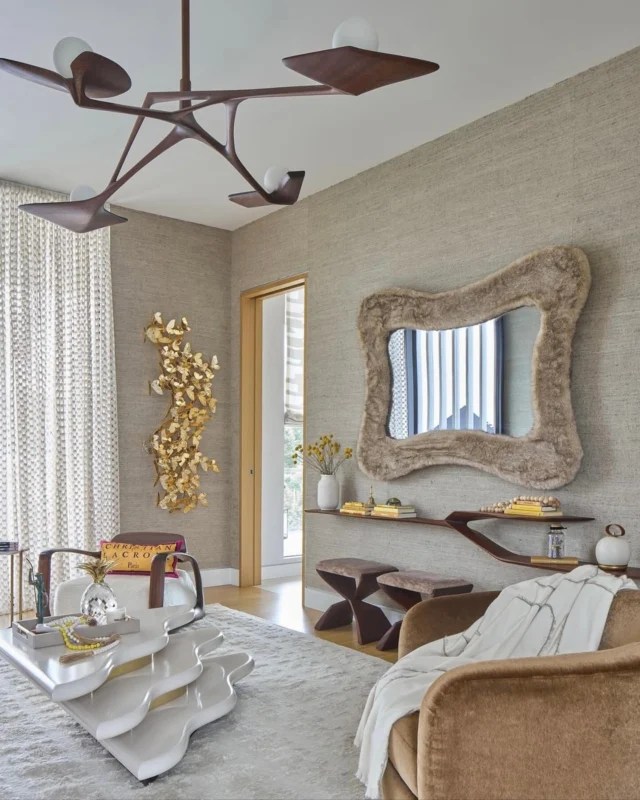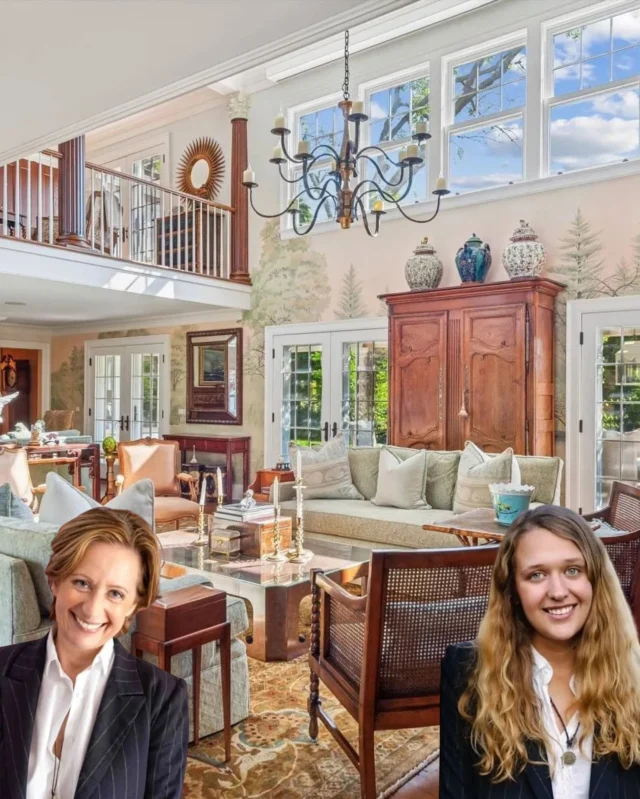The Unorthodox Business Model We Didn’t Know We Needed
You may have seen her Instagram account full of East End beaches and prose, or her sweatshirts and photo prints around town, but she doesn’t really consider The Salt Heir to be a clothing company or a photography project, so what’s this business all about?
HRES sat down with Hannah Lasurdo to find out more about who she is and why she’s exploring a business concept that celebrates the beauty of being an heir to nothing but salt air and memories.
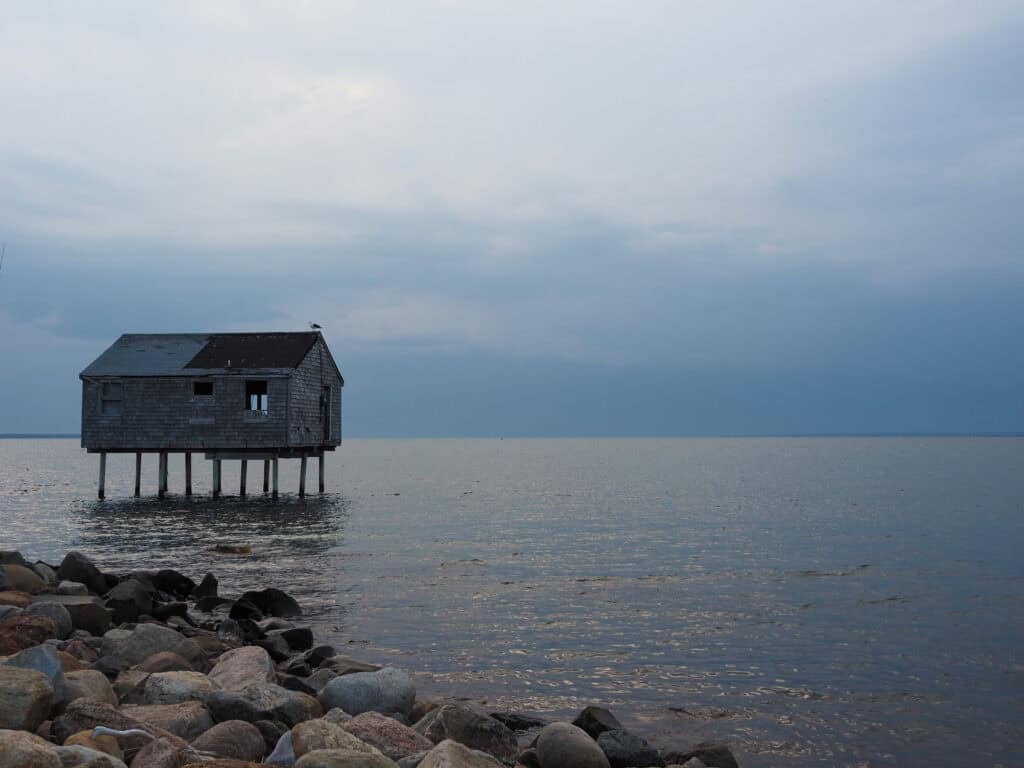
Tell us about your connection to the Hamptons.
This place is a lot of conflicting things all happening simultaneously, isn’t it? I’ve had such an indescribable love-hate relationship with it for decades and have experienced tremendous loss and struggle here. But no matter how many times I try to leave, I always come back. Artists say it’s the light, and they’re not wrong — the way it bounces off the ocean and refracts around in layers. But for me, it’s more about the healing quality of the diverse, quiet places where the water meets the land, grassy marshes undulating and cliffs dropping off dramatically into the sea. These are the places where I feel most connected to myself and the world around me. I’m a descendant of baymen and lighthouse keepers, so this connection to salty places could be inherited, but I’ve met so many people who aren’t from here who feel the same way. There’s just a magic to it that transcends our backgrounds, and that’s a significant thing out here where the class conflict is palpable.
What inspired you to start the salt heir?
I’m not starting this business as an entrepreneur — I’m doing it as an artist and an observer. It’s a response to how we’re so manipulated lately — AI, social media, even “The Hamptons” is a marketing term. I first wanted to build something that feels more analog and authentic.
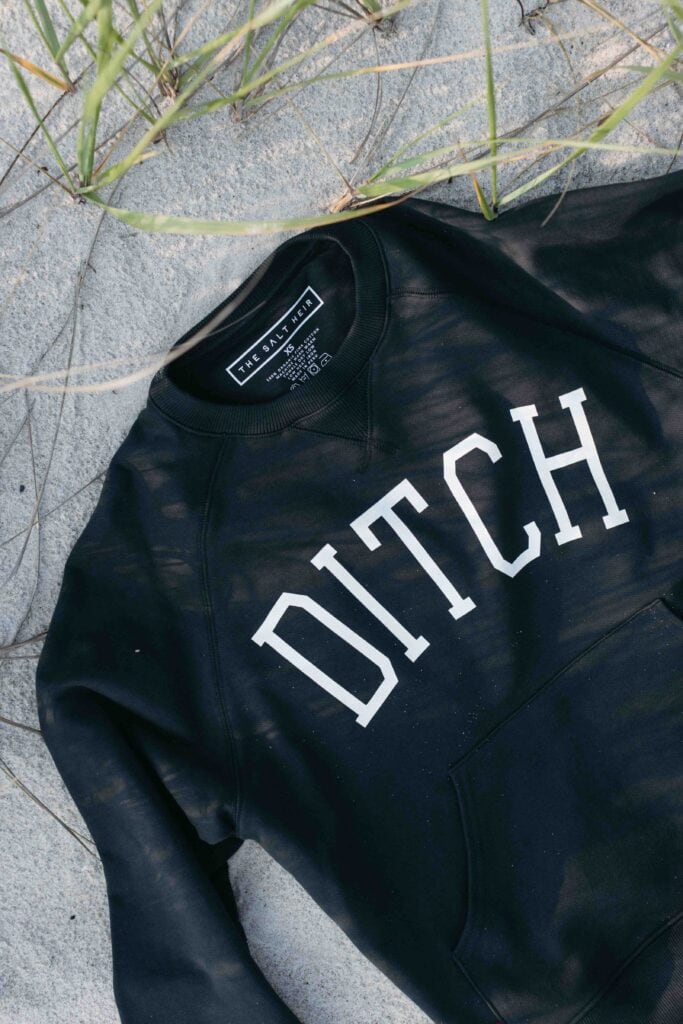
My photos are blank slates of places that incite subjective memories from viewers. Memories construct who we are, and there’s something powerful about how nostalgia evokes healing. The sweatshirts symbolize comfort and a settling into our authentic selves, those days when feeling good matters more than impressing anyone.
I’m not trying to sell anyone something they don’t need. Don’t buy my products unless they speak to something real in you and you’re ready to put them to use. We overconsume low-quality things, and it’s killing the planet and our happiness. We’re meant to live with thoughtful intent and to work hard for the few things we require. Determination and resilience give life meaning — that’s how we grow.
What does the future hold for the salt heir?
I’m letting it unfold organically — I think that’s the most honest way to build a slightly esoteric business. I’m working on adding more products and getting prices down for accessibility, though that’s tricky since I’m producing everything responsibly and sustainably. Maybe I’ll collaborate with local artists, work with the town and non-profits on preservation efforts (we already work with Peconic Baykeeper), sell my own original artworks, or bring this model to other salty places where history and nature get drowned out by tourism. I love to hear what the community thinks, so I can respond.
Who is the salt heir? Is it you?
Sort of, yeah. As someone who isn’t inheriting anything tangible, even though 15 generations of my family lived on this land before me, with compounds, farmhouses, and businesses, it’s all gone now. But there’s a beauty in that kind of loss, in being an heir to nothing but salt air and memories — these are intangible heirlooms, ghost-like, and beautiful. But on a grander scale, I think everyone who was given the gift of connection with these salty places, no matter who we are or what we’ve inherited otherwise, we’re all Salt Heirs.
We need to share memories, bridge gaps, be creative, connect with nature, and admire our differences. That’s what this is about — creating space for authentic connection to nature and one another in a world that’s forgetting how to be real.
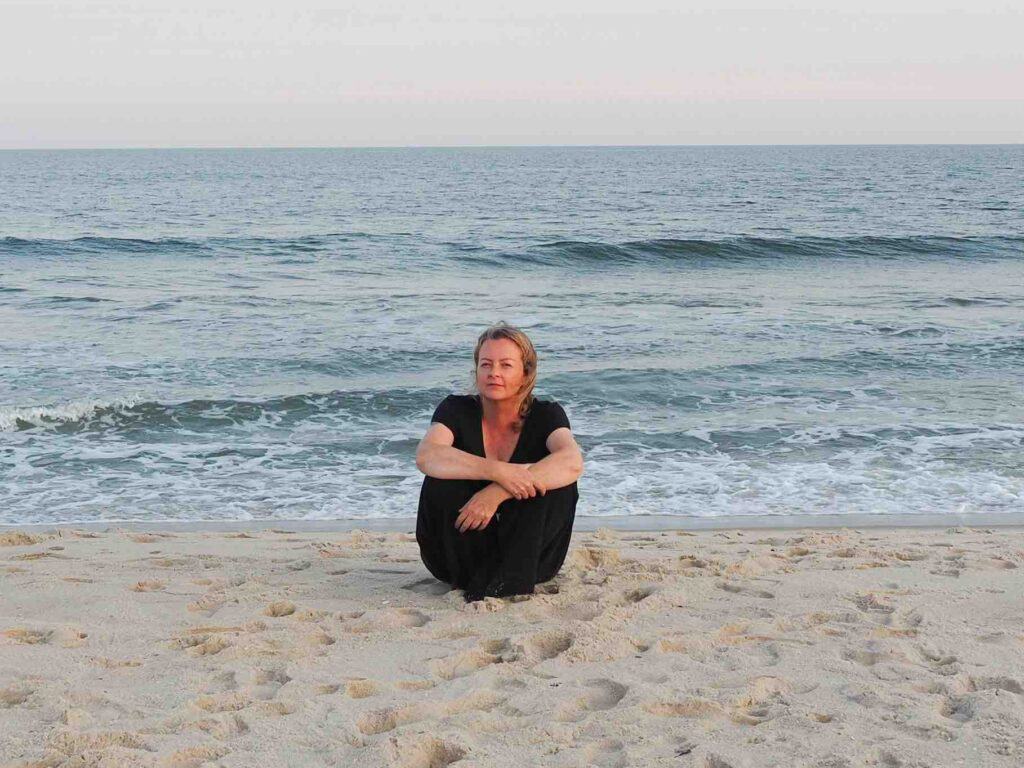











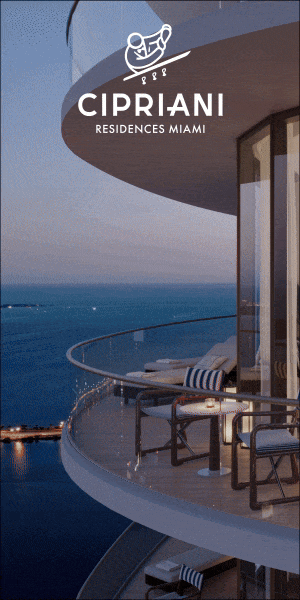




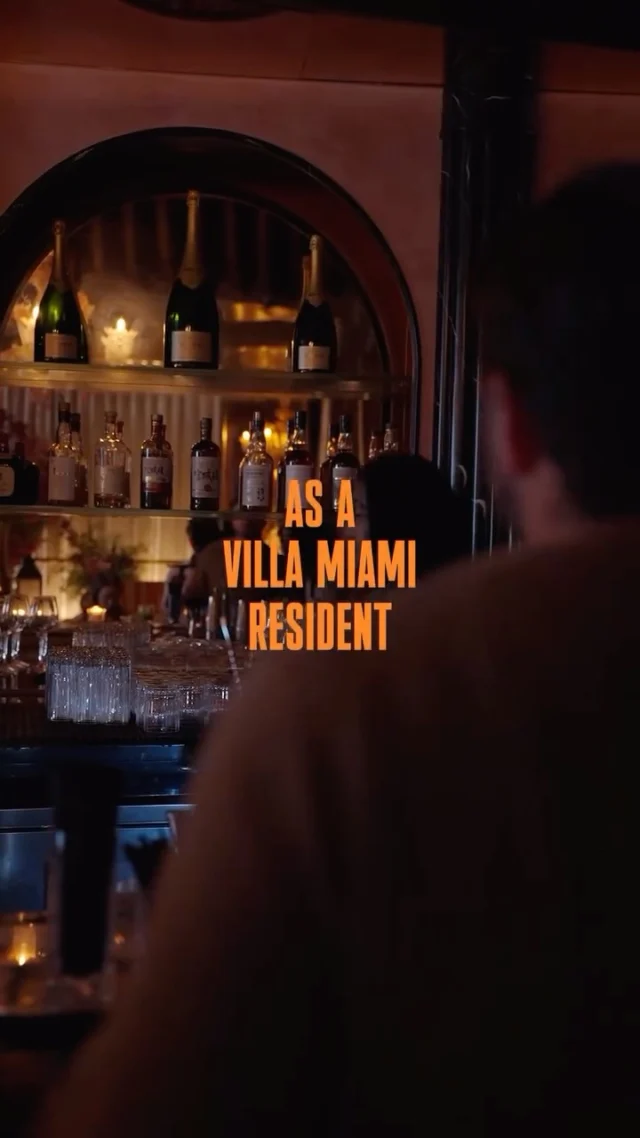
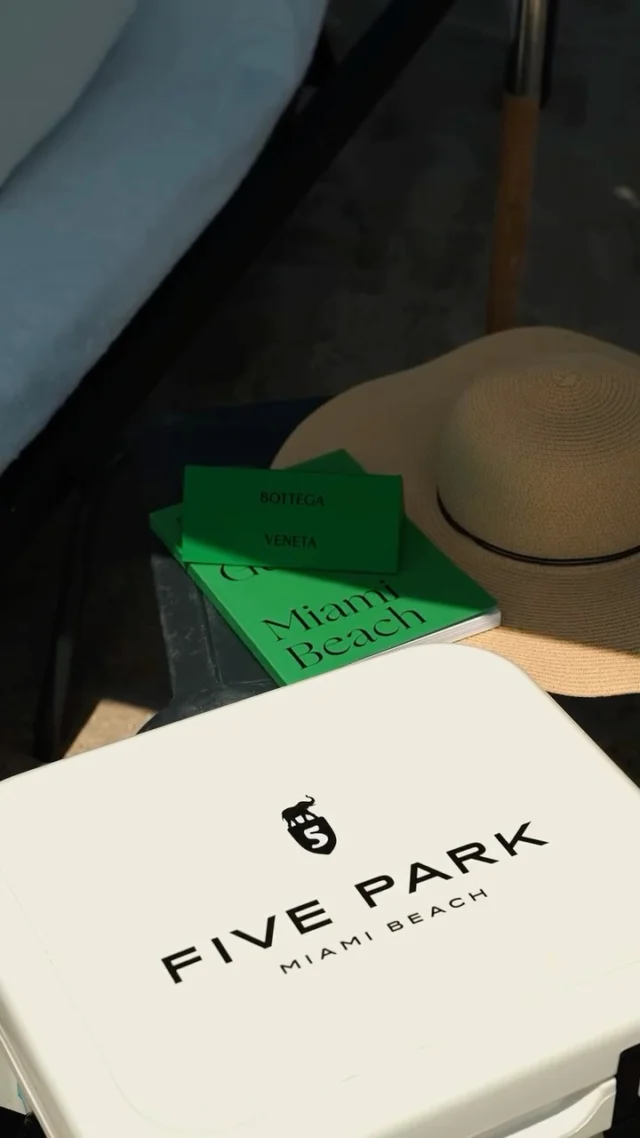
![Blair Seagram’s luminous Plexiglass works seem to glow from within, blending color, light, and form into pieces that feel both organic and calming. Inspired by the ocean and the natural world, her art draws viewers in with a quiet energy that’s impossible to ignore. [link in bio]](https://hamptonsrealestateshowcase.com/wp-content/uploads/sb-instagram-feed-images/533421183_18528027277030135_8399791879601822233_nfull.webp)
